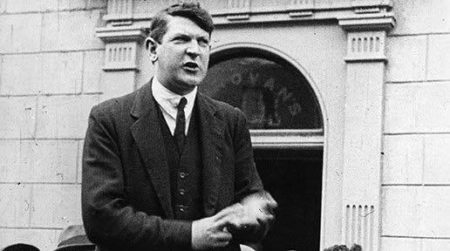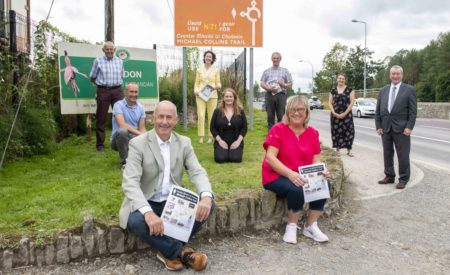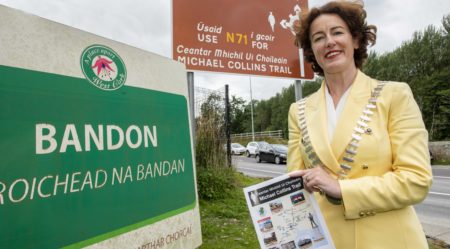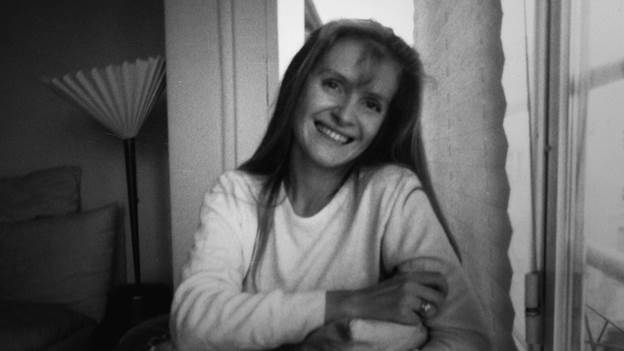13 September 2021
By Elaine Murphy
elaine@TheCork.ie
POSITIVE NEWS FOR HISTORY/TOURISM: The Wild Atlantic Way took what already exists, but packaged it and made it easier to follow, now the same has been done with a ‘Michael Collins trail’
A new trail has been launched in West Cork to guide people to sites in the area associated with the life of Michael Collins, ahead of the centenary of his death next year. The Michael Collins Trail consists of 140 signs and waypoints linking points of interest relating to his life.

Michael Collins outside O’Donovans Hotel Clonakilty
The trail has been developed by Cork County Council and has been designed to act as a historical guide, linking locations and providing tourists with an easy way of following the route and immersing themselves in the life of one of Ireland’s most important historical figures.
The Trail follows Collins’ birthplace, the West Cork Regional Museum and Michael Collins House in Clonakilty, while also linking to the ambush site at Beal na Blath, the Independence Museum in Kilmurry and the Michael Collins Centre outside Clonakilty. There are alternative routes signposted which take in Bandon and Newcestown, and the trail is also signposted from the N22 at Crookstown.
Welcoming the new heritage trail, Mayor of the County of Cork, Cllr. Gillian Coughlan commented,
“The story of Michael Collins is one that is well known, but the Michael Collins Trail will be a new way of following in his footsteps. From the place of his birth, to where he spent his formative years, to where he met a tragic end, these new signposts will help bring history to life. This new, free historical experience will allow visitors to remember the effort and sacrifice of one of the founding fathers of the modern Irish state.”
Chief Executive of Cork County Council, Tim Lucey says,
“Every sign on this new trail tells a unique part of the life of Michael Collins. As we move through this period of commemoration of the events that led to the foundation of our state, it is only appropriate that Michael Collins is appropriately remembered in his native West Cork. We look forward to there being a renewed interest in his life as we formally commemorate the centenary of his death in 2022.”

Pictured at the launch of the new Michael Collins Trail are the Mayor of the County of Cork, Cllr. Gillian Coughlan (in yellow) along with Cllr. Alan Coleman, Cllr. Kevin Murphy, Cllr Paul Hayes, Cllr. Marie O’Sullivan, Cllr. John O’Sullivan, Cllr. Eileen Lynch, Cllr. Gobnait Moynihan and Cllr. Michael Looney.
Pic: Brian Lougheed


